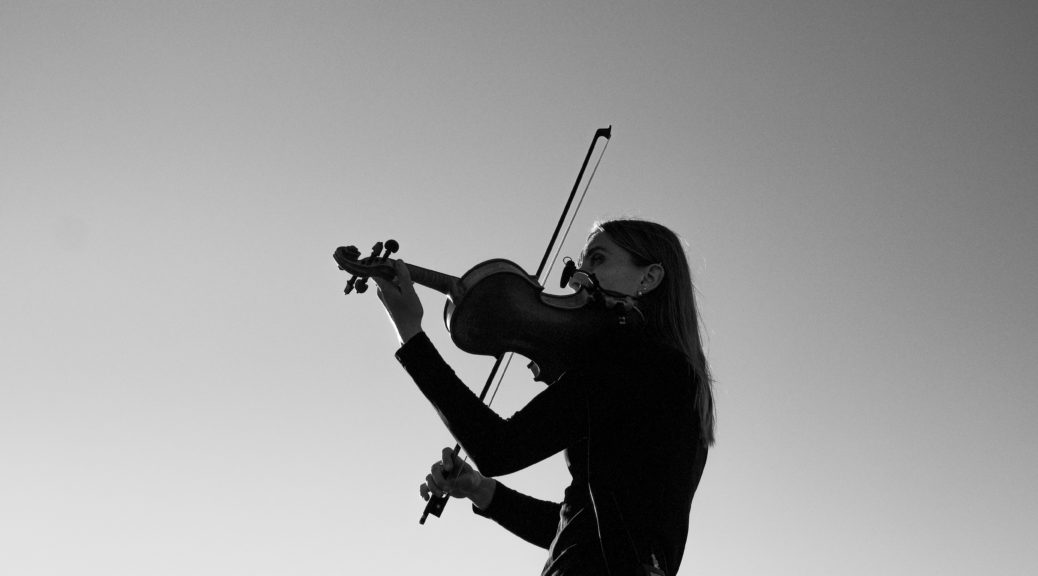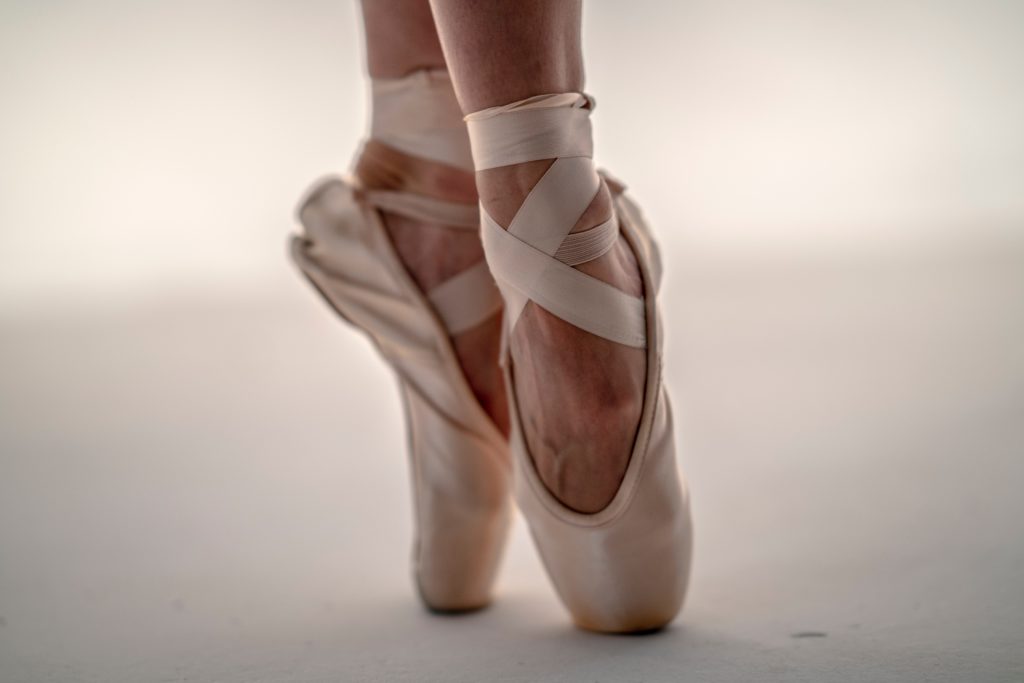By Jonah Vroegop
Edited by Natalie Grace Sipula
[3.5 minute read]
When one sits down to watch the hit reality series Survivor, they’re in for countless hours of entertainment, drama, and an eye-opening look at an American social experiment. This is how it works – a group of about 16 to 20 people sets off to an island with only basic survival supplies and is then split into two tribes. These two teams compete against each other in frequent challenges to earn creature comforts or immunity and to avoid being eliminated. After each challenge, the losing team must vote for one of their members to be sent off the island and removed from the game. These eliminations happen until there is one final “survivor” who takes home the one million dollar prize. In theory, the premise of the show is simple. However, I’ve learned that there are many more moving parts to the game itself. The contestants protect themselves from elimination by forming alliances within their tribe and strategically eliminating other players who they believe could slow them down or pose a threat to them later on.

In the first season especially, there was a heavy emphasis on survival. The contestants were made to hunt and fish, gather food from the jungle, and cook only over the fires they managed to build. Many players used their fishing and hunting skills to gain the favor of others and therefore avoid elimination. Due to the lack of food and other resources, weakness and hunger can later put tribes at a disadvantage. Although the characters face harsh survival conditions, I like how it forces them to be more strategic about who they vote off and how they do it. In the later seasons, the aspect of survival is less relevant and the show is more focused on the complex elimination challenges and unique contestant personalities.

The tribes themselves also influence the flow of the show heavily. Through the show’s 40 seasons, there have been such divisions as “White Collar vs. Blue Collar”, “Gen X vs Millennials”, and “All Stars”, in which some well-known players come back from previous seasons. Some tribe divisions are fair and others are less so, thus influencing the order of eliminations and increasing the tensions between teams.
Continue reading Why You Should Start Watching Survivor




